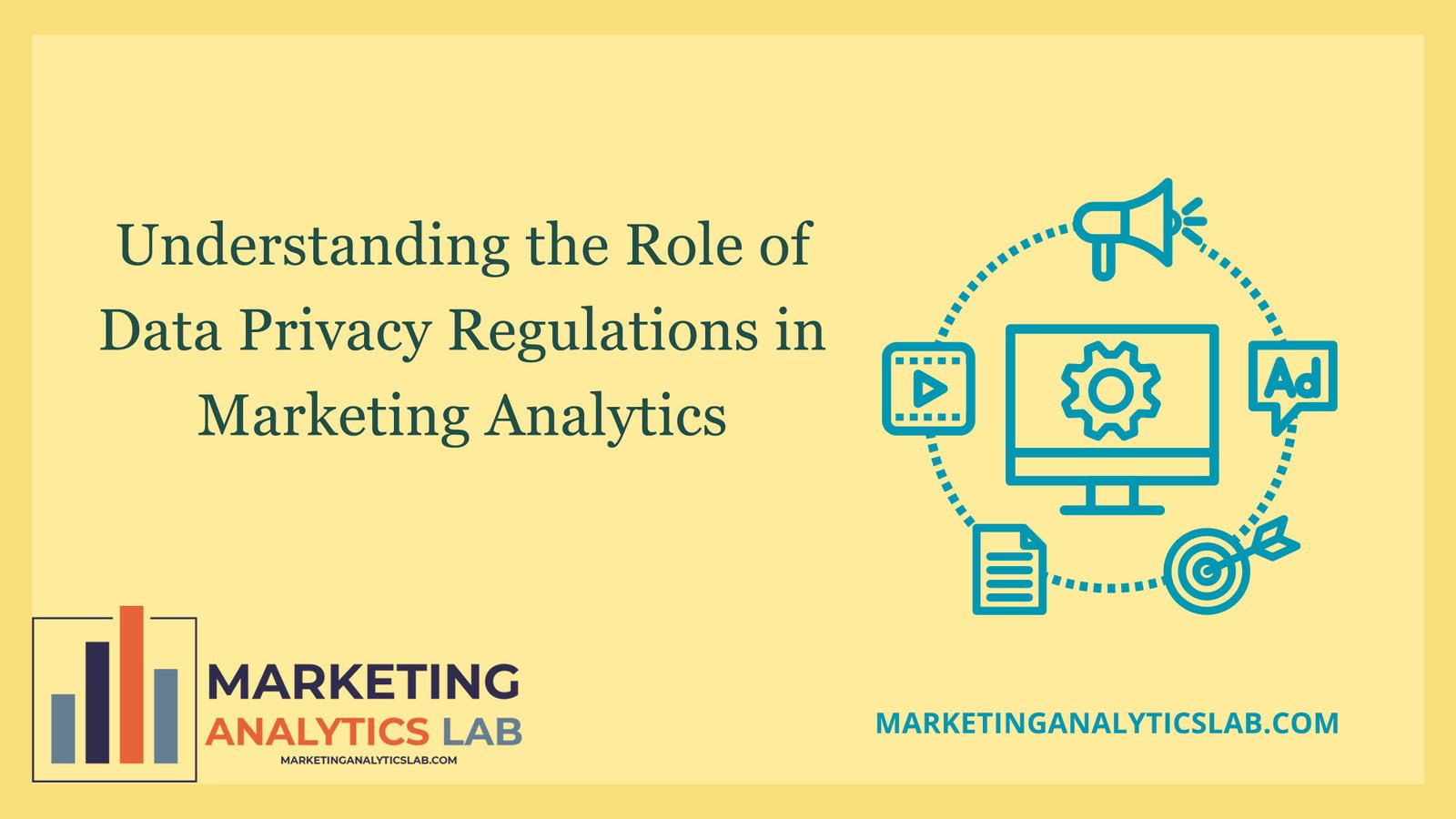Importance of Data Privacy Regulations in Marketing Analytics
In today’s digital age, data privacy regulations play a crucial role in marketing analytics. With the vast amount of personal data being collected and analyzed by businesses for marketing purposes, it is essential to protect the privacy and security of this data. Data privacy regulations, such as the General Data Protection Regulation (GDPR) in Europe and the California Consumer Privacy Act (CCPA) in the United States, aim to ensure that individuals have control over their personal information and that businesses are transparent about how they collect, use, and share this data. By complying with these regulations, businesses can build trust with their customers and avoid potential legal and reputational risks associated with data breaches and misuse.
Furthermore, data privacy regulations help to promote ethical and responsible data practices in marketing analytics. By requiring businesses to obtain explicit consent from individuals before collecting their data and to only use this data for specified purposes, regulations help to prevent the misuse of personal information for targeted advertising or other purposes without the individual’s knowledge or consent. This not only protects the privacy rights of individuals but also helps to foster a more transparent and accountable data ecosystem, where businesses are held accountable for how they handle and use personal data in their marketing efforts.
Moreover, compliance with data privacy regulations can also lead to more accurate and reliable marketing analytics. By ensuring that data is collected and used in a lawful and ethical manner, businesses can enhance the quality and integrity of their data, leading to more accurate insights and better decision-making in their marketing strategies. By following best practices for data privacy and protection, businesses can build a solid foundation for their marketing analytics efforts, enabling them to leverage data effectively while maintaining the trust and confidence of their customers.
Compliance with Regulations for Effective Data Usage
To effectively use data in marketing analytics, businesses must prioritize compliance with data privacy regulations. This means understanding the requirements of relevant regulations, such as the GDPR and CCPA, and implementing processes and technologies to ensure compliance. For example, businesses may need to obtain consent from individuals before collecting their data, provide individuals with the option to opt out of data collection, and secure data through encryption and other security measures to protect against unauthorized access or disclosure. By following these guidelines, businesses can establish a strong foundation for their data usage in marketing analytics and demonstrate their commitment to protecting the privacy and security of their customers’ data.
Moreover, compliance with data privacy regulations can also help businesses gain a competitive advantage in the marketplace. By prioritizing data privacy and demonstrating a commitment to ethical data practices, businesses can differentiate themselves from competitors who may not take data privacy as seriously. This can help businesses build trust with customers, attract new customers who value data privacy, and enhance their reputation as a trustworthy and responsible data steward. Ultimately, compliance with data privacy regulations can enable businesses to leverage data effectively in their marketing analytics efforts while maintaining the trust and loyalty of their customers.
In conclusion, understanding the role of data privacy regulations in marketing analytics is essential for businesses looking to leverage data effectively while protecting the privacy and security of their customers’ data. By prioritizing compliance with regulations, businesses can build trust with customers, promote ethical data practices, enhance the accuracy and reliability of their marketing analytics, and gain a competitive advantage in the marketplace. By following best practices for data privacy and protection, businesses can establish a strong foundation for their data usage in marketing analytics and demonstrate their commitment to responsible data stewardship.

